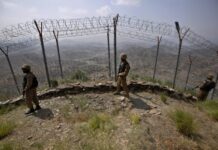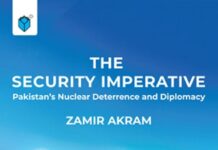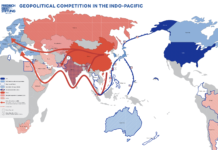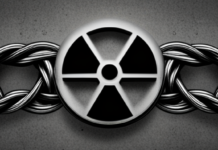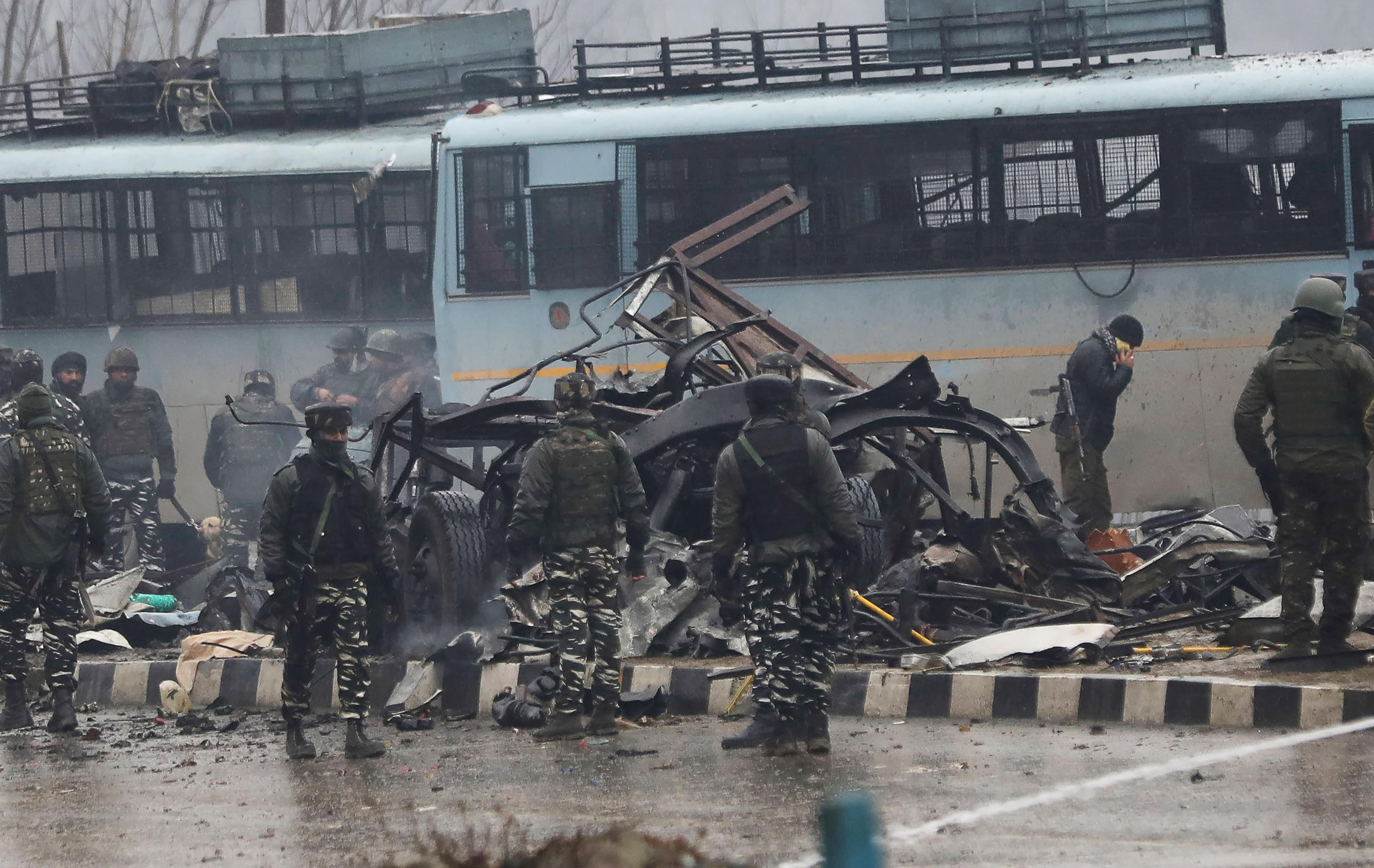Taimur Malik
Pakistan and India came close to a war once again at the end of February 2019; a war that would have led to suffering, destruction and economic distress on both sides of the border. There are perhaps many reasons for the ongoing conflict between the two neighboring states, mistrust is certainly one of them and domestic politics another. However, the main reason behind the conflict is undoubtedly the unresolved situation related to the Kashmir region.
Pakistan’s legal position regarding Kashmir is well documented, so are the UN resolutions in relation to the matter and various other international resolutions for a plebiscite in Kashmir. However, India has continued to maintain its own position regarding Kashmir and has continually been called out by Pakistan for, amongst other matters, violations of international humanitarian law in Kashmir territory under the Indian control.
International Humanitarian Law (IHL), commonly referred to as the law of war, applies in situations of armed conflict. The provision of international humanitarian law most applicable to the conflict in Kashmir is Article 3, which is common to the four Geneva Conventions of 1949 and is referred to as the Common Article 3. The provision states that:
(1) Persons taking no active part in the hostilities, including members of armed forces who have laid down their arms and those placed hors de combat by sickness, wounds, detention, or any other cause, shall in all circumstances be treated humanely, without any adverse distinction founded on race, color, religion or faith, sex, birth or wealth, or any other similar criteria. To this end, the following acts are and shall remain prohibited at any time and in any place whatsoever with respect to the above-mentioned persons:
(a) violence to life and person, in particular murder of all kinds, mutilation, cruel treatment and torture; (b) taking of hostages; (c) outrages upon personal dignity, in particular humiliating and degrading treatment; (d) the passing of sentences and the carrying out of executions without previous judgment pronounced by a regularly constituted court, affording all the judicial guarantees which are recognized as indispensable by civilized peoples.
(2) The wounded and sick shall be collected and cared for.
In order for a non-international armed conflict to exist, the hostilities should reach a minimum level of intensity and the groups fighting the state forces should be a party to the conflict and have some command structure. This threshold is met in the case of the Kashmir territory under Indian control as Indian authorities often deploy military forces instead of regular police forces to fight the Kashmiri freedom fighters, and because the Kashmiri groups and leaders are at the forefront of the conflict and have clear demands such as free and fair plebiscite in the territory.
According to a Human Rights Watch report related to applicable international law in relation to the situation in Kashmir, persons protected by Common Article 3 of the Geneva Conventions include all noncombatants, even if they have provided food, shelter or other partisan support to one side or the other, and members of the armed forces of either side who are in custody, are wounded or are otherwise hors de combat. If under these circumstances, such persons are summarily executed or die because of torture, their deaths are tantamount to murder.
It is also sometimes argued that the situation in Kashmir is an international armed conflict between India and Pakistan due to the regular border skirmishes between the countries and that India is an occupying force using excessive force against the Kashmiri people and denying any detainees the protections available under international humanitarian law. India has also enacted various laws over the decades which fall foul of key provisions of international human rights treaties. The most infamous legislation, eventually repealed in 1995, was ‘The Terrorist and Disruptive Activities Act (TADA)’ which allowed arrest and detention of persons for up to one year without formal charges or trial. The provisions of this law were relied upon by Indian authorities in Kashmir to cover up the otherwise illegal actions of law enforcement agencies in the territory. In particular, this law was in violation of Article 9 of the International Covenant on Civil and Political Rights.
Moreover, other Indian laws such as the Jammu and Kashmir Public Safety Act, the National Security Act and the Armed Forces Special Powers Act (Jammu and Kashmir) all contain provisions which are contrary to the standards and requirements of international human rights treaties.
Way Forward
The two countries must consider ways to resolve this long-standing dispute in the best interest of the people of South Asia and in particular the people of Kashmir. There have been diplomatic advancements in this respect a few times since the mid 1990s, however, each time the talks have failed due to one reason or another.
A full and final resolution of the matter may not be very easy to achieve for political leaders on either side and therefore a progressive approach needs to be adopted starting with the implementation of confidence building measures within the ambit of a broader dispute resolution framework.
In this regard, legal frameworks and contractual or treaty based confidence building measures can be adopted to ease tensions in the Kashmir region and promote trade and movement between the Kashmiri population on both sides of the line of control. The arrangement between the two countries regarding the Kartarpur Corridor project between the Pakistani Punjab and Indian Punjab territories can be the basis for a dialogue for developing a legal framework for allowing ease of movement and trade in the Kashmir region as well. The countries will need to adopt an out of the box approach to resolve this conflict otherwise the war clouds will continue to linger over the region.
Taimur Malik is an international law expert. He is also the founder of Courting the Law and various other technology enabled law and justice initiatives in Pakistan.



